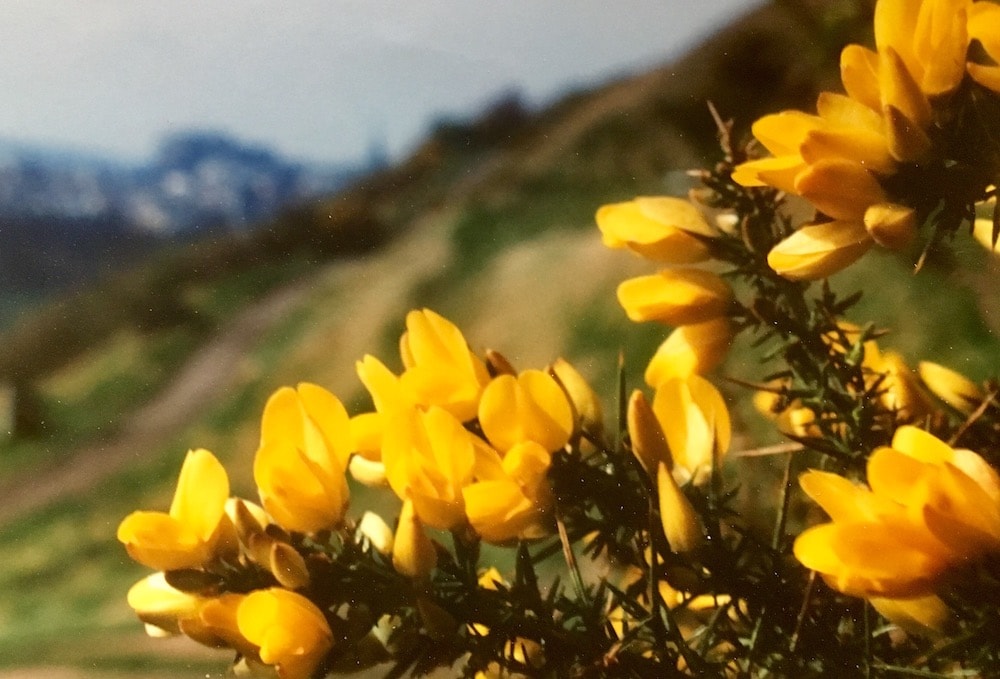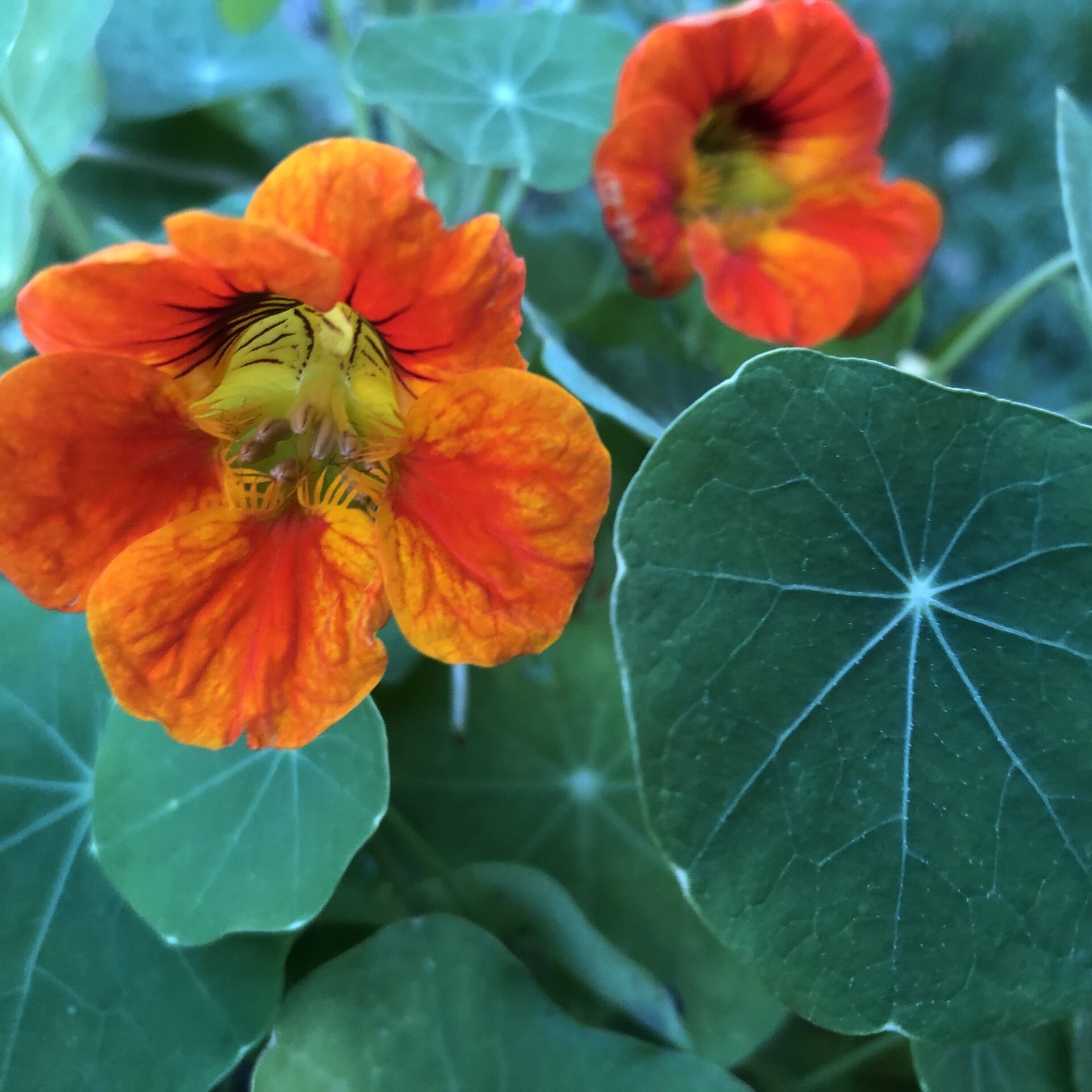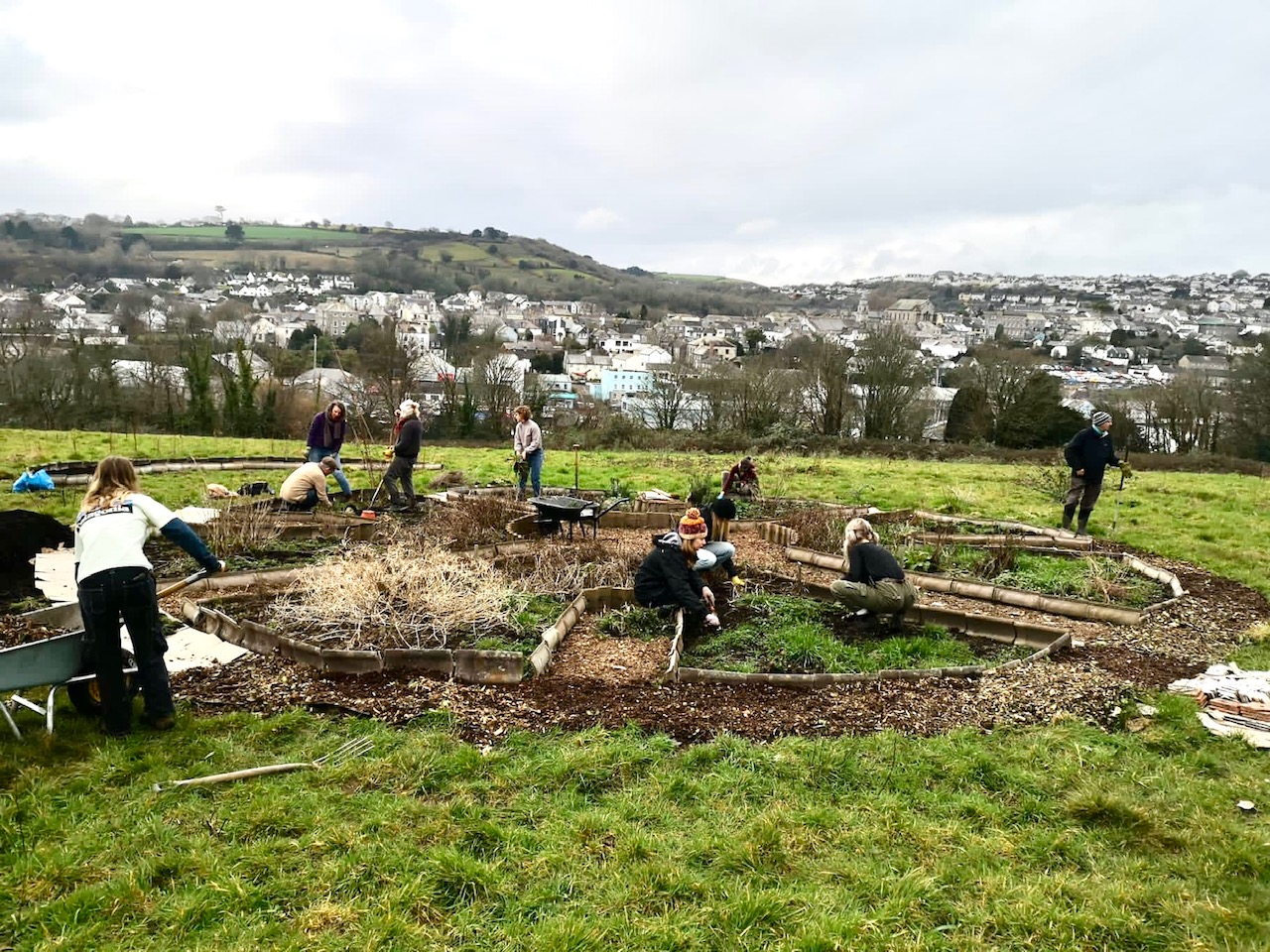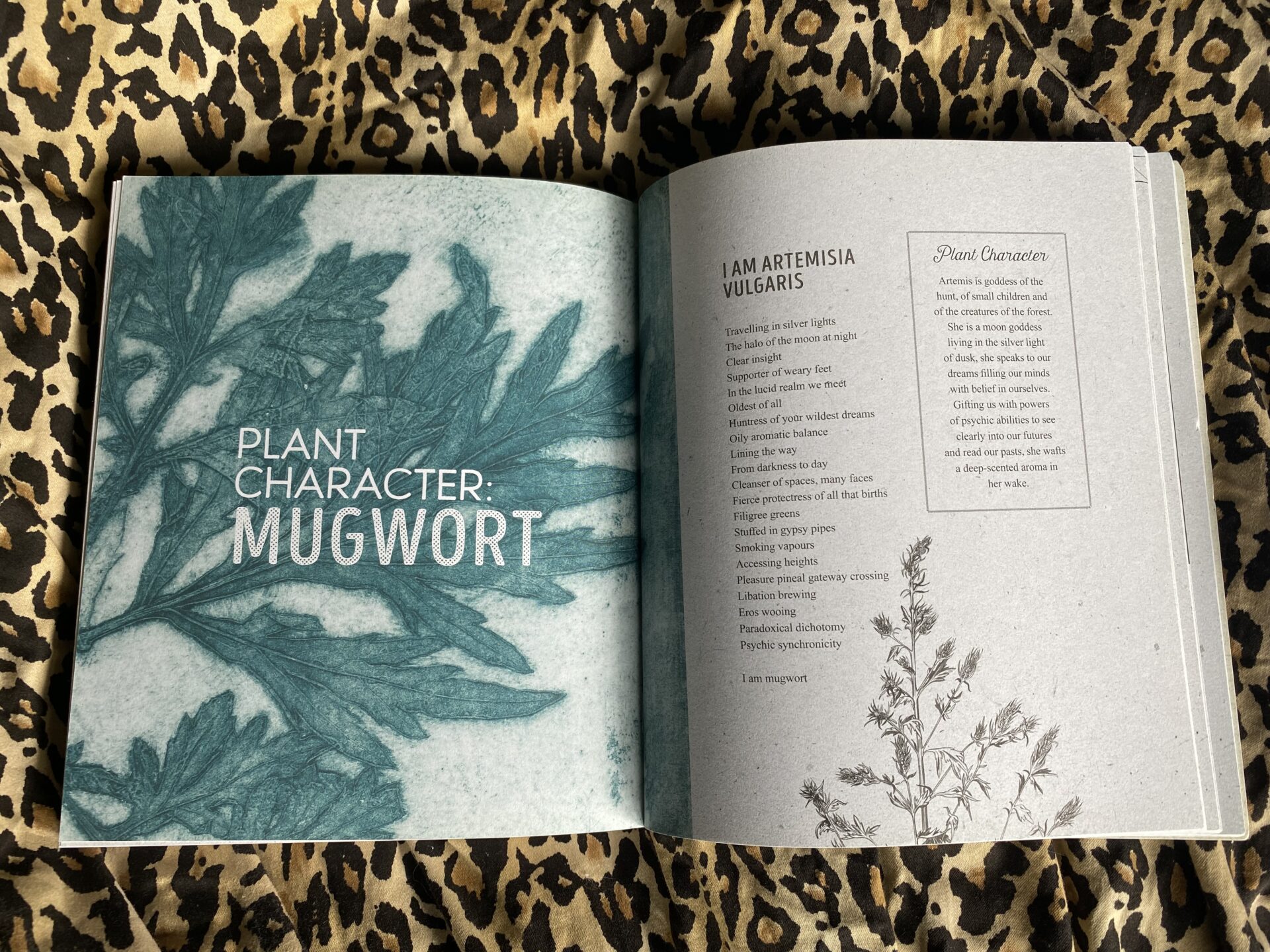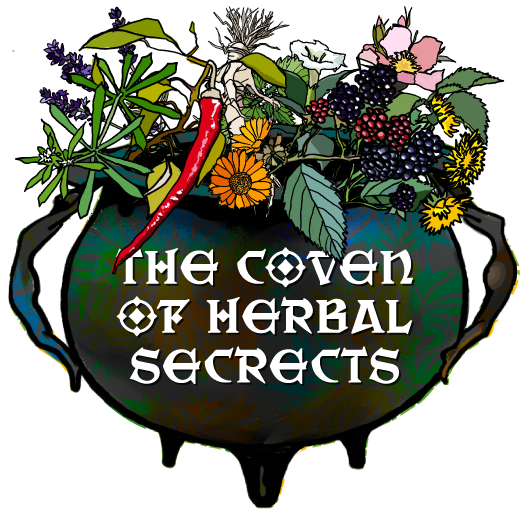Us Seed SistAs are connected to a large plant family, a community of Earth loving herbalists and Nathan Hughes in Stroud is a good friend and valued colleague – here we hear a little about his journey…..
It was the Gorse, glowing on the sides of Arthur’s seat, that broke through. A few years back I’d arrived in Edinburgh to study Chemistry; this led me into pharmacology and from pharmacology it was a small step into Herbalism. Up to this point my interest had been bound by intellect – the Gorse connected me to a world of magic that, before that moment, had only existed for me in books.
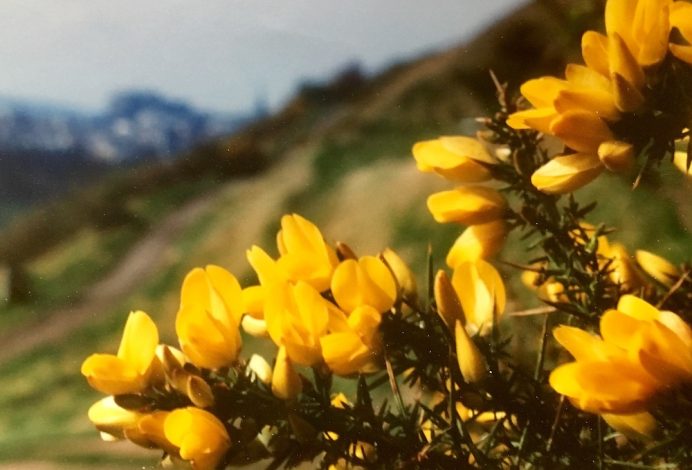
Without me having the faintest grasp of what was happening, I know now that the radiant warm light of the Gorse, bright against the rocky cliffs of the extinct volcano that is Arthur’s seat, blasted through a grief that I didn’t even realise I had. The Gorse revealed that I had been seeing the world in greyscale; in that moment colour was life and life was calling.
———
It was on one of my many walks up Arthur’s seat that the vision for a school came to me with such clarity that I can still access it easily now, twenty years on. Within this vision was a sense of a community of explorers, rooted in the land, amongst the living plants, rediscovering what it was to listen to the land directly; a sense of living research and active practice in continual dialogue with each other; a sense of this community as both a sanctuary and a training, a place to develop rigorous, unwavering integrity with regard to the knowing of our own hearts.
Today this vision is manifesting, each year the community and the learning programmes grow stronger. I feel proud that we have kept the living plants and each student’s individual journey at the centre of our work. I’m incredibly grateful to the early apprentices, who started this journey when there was no structure, for their commitment to the plant-calling they felt in their own hearts.
We now offer a structured, one thousand hour (over three years) initial professional training. This is set within the looser structure of the seven year (and roughly three thousand hour) apprenticeship. We’ve established a good relationship with our insurers, ensuring that students and graduates can easily organise professional insurance via the school. We named (and registered) the initial programme as ‘Insight Herbalism’, a distinct practice defined by our ever evolving curriculum, and bound by our code of ethics.
‘In our teaching weeks there is perfect balance of learning new skills and knowledge with the time to integrate this into the body as direct experience, with bodywork and liminal journeying. The work we do filters into, and feeds me, on many levels, often in unexpected ways – my own healing journey, my work with new parents and young children, my creative and spiritual life and my development as a professional herbalist.’
Emily Taylor Apprentice
The essence of Insight Herbalism is that it is plant centred, somatically focused and process orientated. In other words – we work directly with the body through touch to facilitate deep meetings between the plants and those we work with. At least one third of the training is bodywork based; alongside this is a clear understanding that each student’s individual process and journey work is key to them developing as skilled herbalists.
My training in Medical Herbalism was at the Scottish School of Herbal Medicine, but it was the devastating mental and physical breakdown in the time following that taught me about healing. Many years of disabling anxiety, panic attacks and chronic fatigue led me into deep enquiry about my own body, health and identity, and the insights from this guided my herbal practice and teaching in the following years.
As the school has developed, we’ve been careful not to define a style or form of practice, leaving this to each student for them to find their own style – true to their skills, rather than imposing a style from outside. Experience has shown this is expressed in many ways – some may love working 1:1, whilst others prefer working with groups. Some lean more towards the bodywork side of practice, whilst others love meaningful ritual and dream work. It has been a challenge to write a curriculum that offers a robust framework yet doesn’t constrain individual ways of working with the plants – but this is what we have achieved. The opening pages of our curriculum affirm both the primacy of the individual’s soul journey, and that direct personal connection to the plants, is the generative root of our practice.
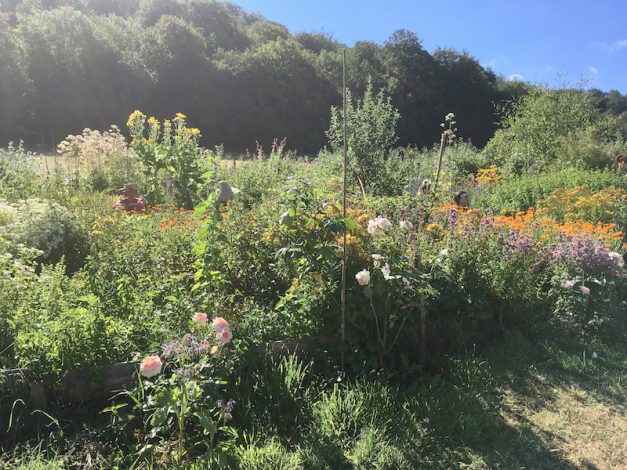
The School of Intuitive Herbalism’s vibrant herb garden in mid summer
Each of us develops our own style of practice by rooting it in our own plant-based experiences and initiations. By combining this with extensive bodywork and touch training, a novel (yet ancient) picture of what it is to be a herbalist has emerged.
In service to the plants and to humans, we dance between the two, opening humans to the possibilities offered by plants. With listening touch, our bodies (and often our own somatic counter-transference), guide us into deep empathic witnessing of those we support. Within this somatic landscape, wounds reveal themselves and the plants offer vision and support in finding a path forward.
This learning from and communion with nature is nothing new. Quite the opposite – it is the trauma bound illusion of separation in our culture that is potentially worse than it has ever been. Our embodied trauma is constantly projecting itself in many forms, not least as profound environmental destruction. Unsurprisingly, it is the awareness of external environmental destruction that often triggers the internal awakening which leads many to herbalism in the first place.
I do not think we can separate our health and the health of the Earth. We are part of the biome; our bodies are part of the rich mycorrhizal web of the earth. Learning to listen to our bodies and thereby listen to the Earth can teach us lessons that I believe have become urgent.
Herbalism, like the Gorse – has shone brightly and then burnt away time and time again through the centuries. It will keep on emerging. It can not be otherwise as long as there are plants to break through the shell of human illusion.
——— Bio ——
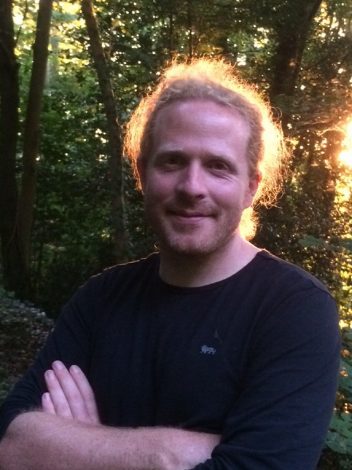
Nathaniel Hughes has been passionate about learning directly from plants for over twenty years. He has written two books about this work, Intuitive Herbalism and Weeds in the Heart. These are great introductions to our work and a inspiring way of deepening your own plant enquiry.
The School of Intuitive Herbalism is a living, exploring, evolving community of those who feel drawn to make deep work with plants core to their life. As well as the professional training courses, we also offer Introductory classes, deep immersions, a year-long Foundation and several bodywork classes, all of which can be taken as stand alone programmes. We tend to have more applicants than places, so there can be a long waiting list.
We open for applications during the first two weeks of January and September each year, and you can register your interest via our website, IntuitiveHerbalism.org.uk

